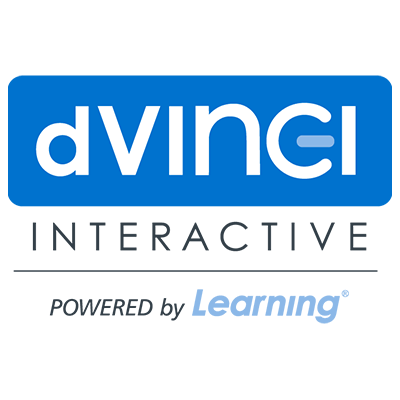ATD Blog
9 Tips for Converting Instructor-Led Training
Tue Sep 08 2020

In the current environment, we are working with numerous clients to quickly convert instructor-led training (ILT) workshops into online or virtual instructor-led training (VILT) experiences. Because this conversion is going on in many organizations, we thought we’d share some of the insights we've uncovered during this process:
1. Keep the technology simple. If you’re attempting to reach a learner population with varied levels of experience in online learning, make it easy for them to like it.
2. Focus on the learner and learning experience. Use basic engagement techniques like polling, chat, Q&A, and simple games.
3. Don’t feel like you have to match the time length of the in-person learning experience. Take a fresh look at the content and learning activities and be open to reducing both to accommodate virtual delivery.
4. Include off-line work that must be completed by the learner outside of the live, online environment. Reading, watching prerecorded videos, completing worksheets, and other activities can occur before and in-between the live, instructor-led sessions.
5. Involve a three-person team in development and delivery. Have a technical person who can focus on the delivery platform and technology, an instructor or facilitator who can focus on content, and an instructional designer or producer who can focus on making the learning experience engaging and valuable.
6. Make revisions and continue to evolve the learning experience using the context of learner feedback. To do this, deliver a course segment or the entire learning experience to a sample of real learners as soon as possible and capture feedback. Don’t invest too much time tweaking, revising, and updating content without having the learners in the picture.
Beyond converting the course, here are some additional considerations:
1. Create a course microsite with all the context, content, and links in one place for the learner. Ideally, this would be in a learning management system.
2. Include a pre- and post-course assessment to ensure the learning experience is achieving the desired learning outcomes. Provide a digital certificate or badge for successful completion.
3. Provide job aids or post**-**training follow-ups to reinforce key behaviors and to increase the transfer of learning to improve on the job performance.
The good news about intensely converting an ILT to a VILT is that you will create a model for other courses and workshops to follow. Everyone involved in the process will be more prepared for the growing need for quality VILT learning experiences beyond the current urgent need.

